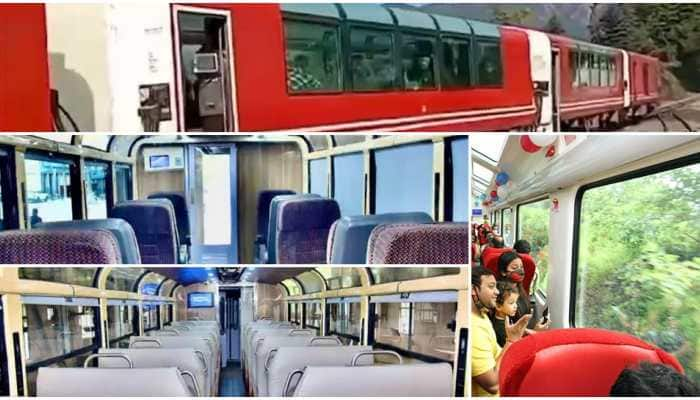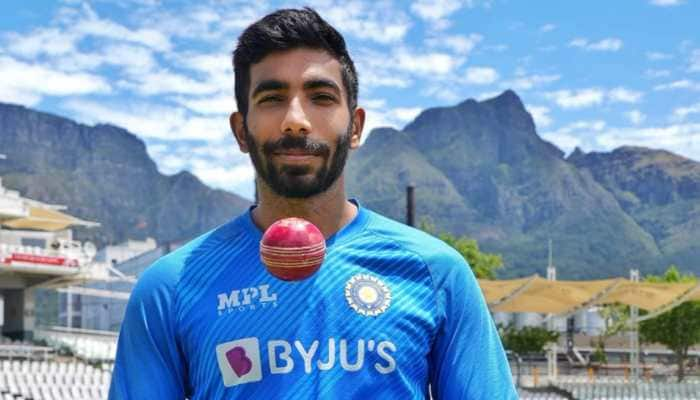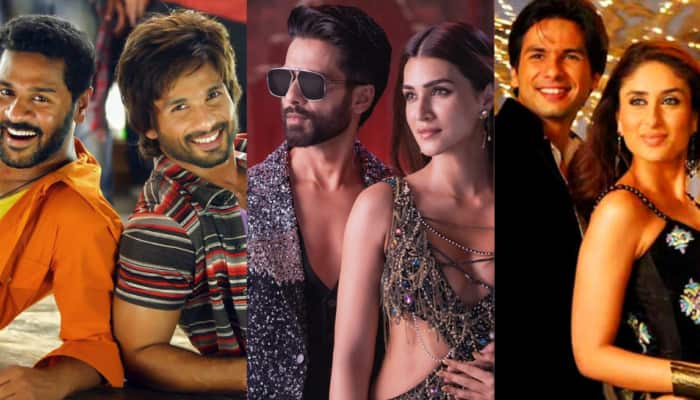Ayodhya case: 29th day of hearing ends, Muslim parties say both Lord Ram and Allah deserve respect
The 29th day of hearing in Ram Janmabhumi-Babri Masjid title dispute case concluded in Supreme Court on Monday in the presence of Chief Justice of India Ranjan Gogoi and Justices SA Bobde, DY Chandrachud, Ashok Bhushan and Abdul Nazeer.
Trending Photos
)
The 29th day of hearing in Ram Janmabhumi-Babri Masjid title dispute case concluded in Supreme Court on Monday in the presence of Chief Justice of India Ranjan Gogoi and Justices SA Bobde, DY Chandrachud, Ashok Bhushan and Abdul Nazeer. The hearing in this matter started on August 6, with arguments being made on behalf of the Nirmohi Akhara. In the following hearings, arguments were made on behalf of the deity Ram Lalla and the Ram Janmabhoomi Punaruddhar Samiti. The Muslim parties started there arguments in the case after the conclusion of arguments on behalf of the Hindu parties.
Below are the highlights from Monday's (September 23) hearing in the Ayodhya case:
- Senior Advocate Rajeev Dhavan started arguments for Muslim parties.
-If the Janmasthan argument which is based on belief is accepted, can it be done across such huge areas across India?, asks Rajeev Dhavan.
-The belief should translate into something which can be perceived like Mount Kailash so that there is a juristic personality which can be created, Rajeev Dhavan.
- Dhavan says that his first argument is the belief of Hindu parties that Janmasthan could be a much larger area than the exact spot as they claim.
Even if I concede to their belief, is there any objective aspect to this?
- Justice Bobde asks Dhavan that is it necessary for an entity to have divinity so as to make it a juristic personality?
- Your first claim that belief is tenuous is an evidentiary issue. But your second argument is that belief should be manisfested by way of an object. What do you mean by the object about which you are talking about? Justice DY Chandrachud to Rajeev Dhavan.
- Hindu parties have argued that all existing structures be demolished at Ram Janmabhoomi and a new Temple be constructed there: Rajeev Dhavan.
- They just say Ram was born here. None of the contours of the area are mentioned anywhere in the plaint. The suit is thus merely a vehicle to destroy and remove, argues Rajeev Dhavan.
- I am giving in to the argument that Ram was born there, but does it make the place a juristic personality? Nobody till 1989 claimed the place as juristic personality, Rajeev Dhavan.
- Lord Ram has to be respected, no doubt about it, Rajeev Dhavan. If Lord Ram and Allah are not respected, this great nation which has diversity like no other nation will fall apart, Rajeev Dhavan.
- As far as Shabait is concerned, they are entitled only to the outer area, Rajeev Dhavan.
- The only thing that can be said is there was prayer at Ram Chabutra, not even the whole area, Rajeev Dhavan.
- Rajeev Dhavan cites testimonies of people who offered parikrama to claim there is no uniformity in the claims on where it was offered.
- Whether Hindus have acquired title on the basis of adverse possession? There was no idol in the inner area until 1949, Rajeev Dhavan.
- Rajeev Dhavan cited precedents on juristic persons, deity. Now on how Guru Granth Sahib can be a juristic person. Every Guru Granth Sahib not a juristic person unless installed in a Gurudwara. Likewise every idol is not a juristic person, says Dhavan.
- Bench persisted with questions on the objective manifestation of belief and what constitutes the same. There should be a temple, worship, continuous use or some kind of dedication/ practice that runs with it, says Rajeev Dhavan.
- On right to worship of Muslims and Christians: because the Pope is in the Vatican does not mean Christian does not have right to worship here, Rajeev Dhavan.
Stay informed on all the latest news, real-time breaking news updates, and follow all the important headlines in india news and world News on Zee News.
Live Tv







)
)
)
)
)
)
)
)
)
)
